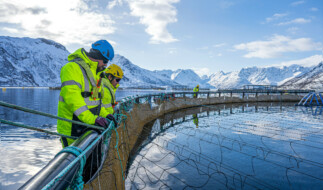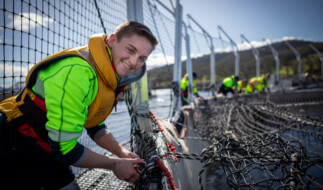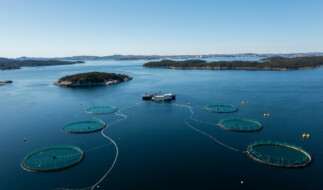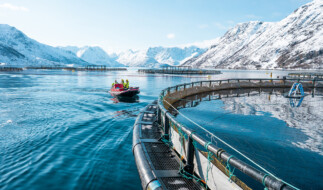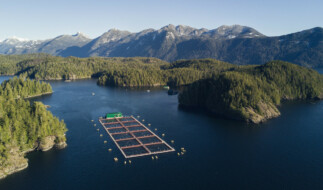Deforestation can contribute to climate change and threaten biodiversity, which is why we are committed to sourcing plant-based ingredients, such as soy, from responsible sources.
Plant-based ingredient sourcing
Seeds from the soybean crop provide protein for animal feed for livestock, including farmed salmon. Increasing demand for protein and animal feed may lead to the expansion of soy cultivation which may cause the loss of vegetation in biodiverse rich regions like the Amazon and Cerrado rainforests in Brazil, putting us at risk of biodivserity loss and more intense climate change.
Which is why ensuring the responsible sourcing of soy ingredients is so important to our feed supply chains.
To ensure sustainable and responsible sourcing of soy, GSI members and associate feed members support and participate in various policies and initiatives both at company and industry levels, including:
- Sourcing soy from deforestation-free soybeans and palm products, and purchasing Round Table of Responsible Soy (RTRS), ProTerra or equivalently certified products.
- Many GSI members are partnering with third party projects including Cerrado Manifesto, and the Round Table of Responsible Soy.
- Supporting for the Amazon Soy Moratorium (ASM) in Brazil. The ASM was established in 2006 to ensure that soy production in the Amazon region only occurs on existing agricultural land. GSI members commend the leadership of Brazilian stakeholders in achieving this progress and calls upon the continued protection of the moratorium. Even though these companies do not source from the Amazon, demolition of the ASM would risk these companies’ business with Brazilian soy in general.
- Some of our members have also joined forces with ProTerra and Brazilian soy producers to show their commitment to responsible soy production. The ‘Aquaculture Dialogue on Sustainable Soy Sourcing from Brazil’ group discuss improvements in traceability, transparency, supplier code of conduct, and deforestation.
- Starting side projects and initiatives, including internal education, geomapping, and risk assessments to identify the sources of the soybeans they use and the risks of deforestation in those areas.
- Working with the ASC Feed Standard, which provides guidance and reporting on all feed ingredients, including soy.
While the direct soy supply chain of GSI members and associate members is conversion free, some members are still working to push the wider Brazilian soy industry towards becoming conversion free through various initiatives, such as the Funding for Soy Farmers in the Cerrado Coalition.
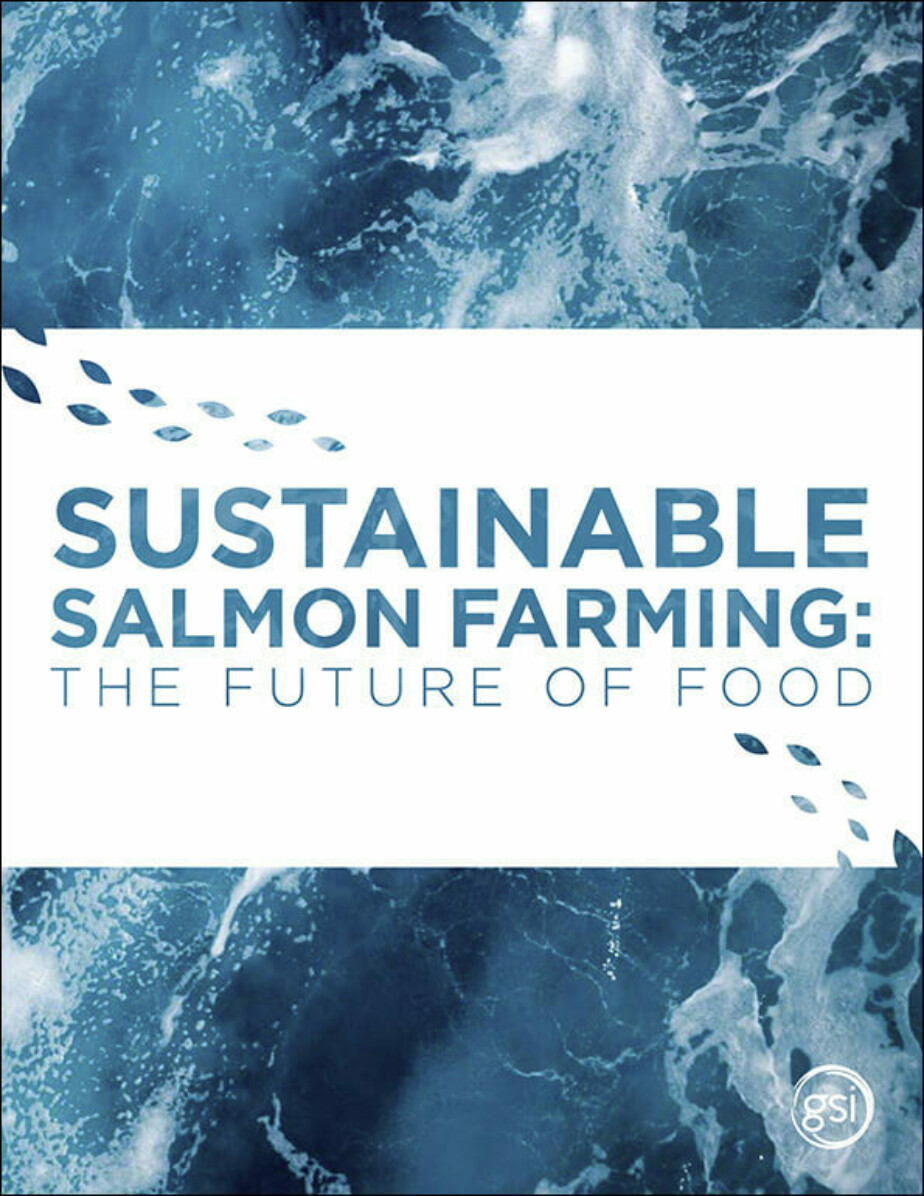
The GSI Handbook
Download the GSI Handbook (accurate as of 2020) for an in-depth tour on responsible salmon farming and the future of food. In this resource we share our position on six key topics, including climate change, ocean stewardship, nutrition and sustainable business practices.
Read the GSI Handbook